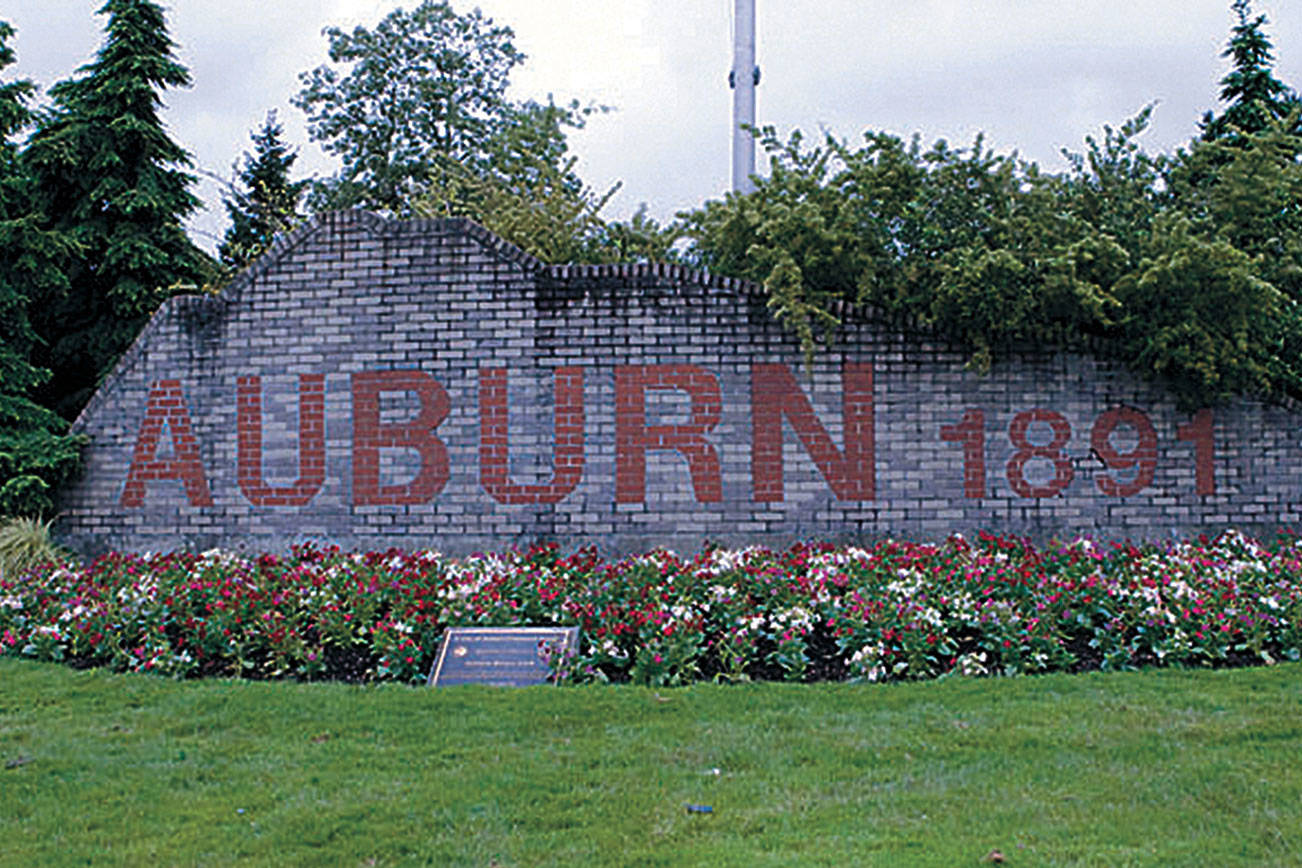The city of Auburn could see a estimated revenue shortfall of $6 million to $9 million through the end of 2020.
Finance Director Jamie Thomas briefed Mayor Nancy Backus and the City Council about the budget impacts of the COVID-19 pandemic during a Monday study session. The $80 million general fund budget could fall between 8% to 12% short.
“We are working with this base model number assuming that the stay home order lasts two months and that there will be slow economic recovery through Q3 and Q4,” Thomas said about the final six months of the year.
The bulk of the anticipated deficit comes from the loss of sales tax revenue, estimated to be between $3.5 and $5.1 million short of expectations, due primarily to the closure of retail businesses during the Stay Home, Stay Healthy order. An additional $450,000 in revenue will also be lost in 2020 following the governor’s veto of continued Streamlined Sales Tax Mitigation funding.
An additional $1.2 to $1.7 million in lost revenue is estimated for the year from service fees associated with parks, cultural programming and police, as well as $500,000 to $800,000 in reduced development activity, $150,000 to $650,000 in motor vehicle fuel taxes and $180,000 to $300,000 in other revenue sectors including gambling taxes and business license renewals.
Covering the losses
To address these shortfalls, City leadership has taken immediate steps to fill the anticipated revenue gaps through a combination of one-time revenue draws from other fund areas and interest earnings, as well as expenditure cuts across all departments.
Emergency reductions to the City budget include program cuts and the delay of critical programs through 2020, as well as the elimination of discretionary spending items such as training, travel and some contracts. Total cuts are still being finalized, but an estimated $3.5 million will be reduced from general fund expenditures.
City staff have been issued mandatory furlough hours and City contributions to some benefit plans have been halted, equaling roughly 5% of employees total compensation packages.
Additionally, about 130 seasonal and temporary employee positions have been eliminated and a non-essential hiring freeze has been put into place. Voluntary separation, or early retirement, from the City, as well as staff reorganizations measures have also been taken.
“We are hopeful that cities may see some assistance at the state and federal level to help us as we navigate through these uncertain times, but until that is an assurance, we must take steps now to protect the economic stability of our city for our businesses and residents,” Backus said.
Budget adjustments, including the one-time revenue generators and program and staff adaptations, are estimated to generate approximately $6 million in funds to help meet 2020 revenue shortfalls, though further changes may be necessary as the situation evolves.


